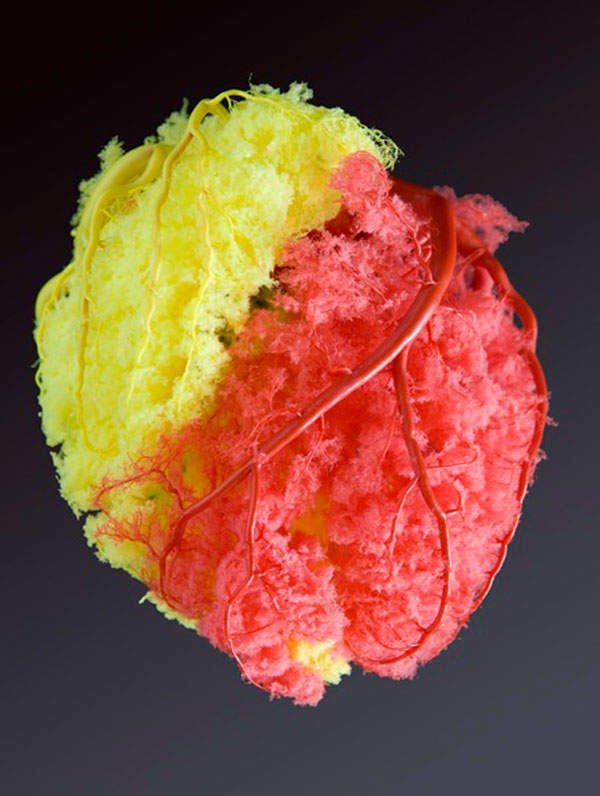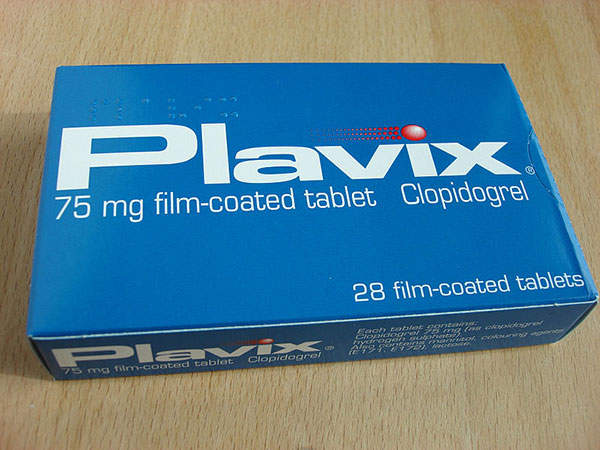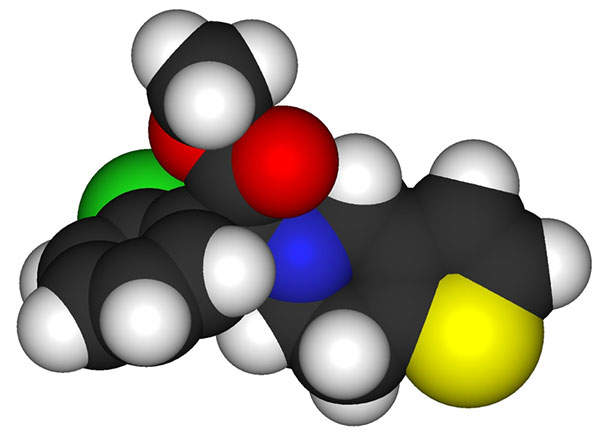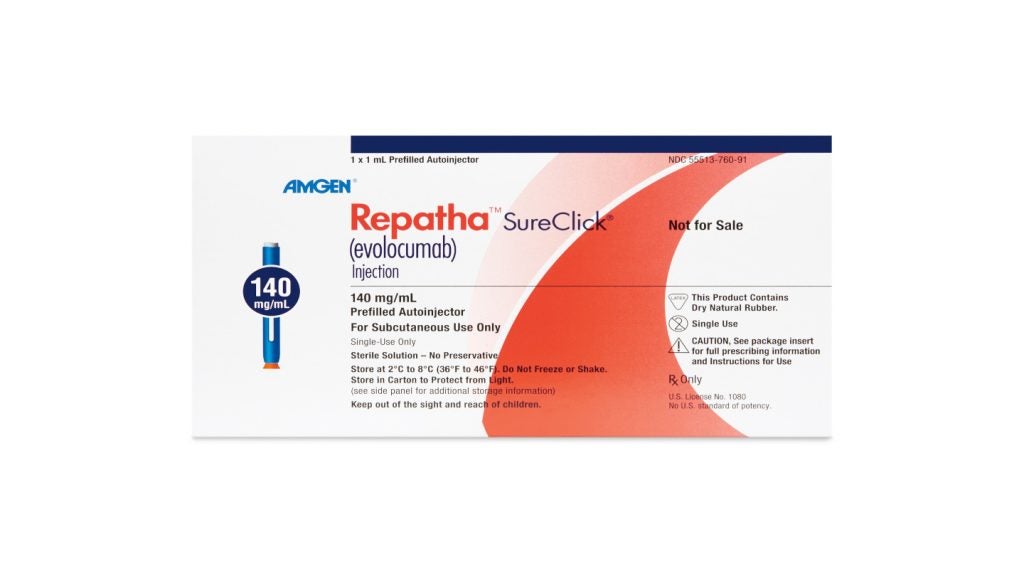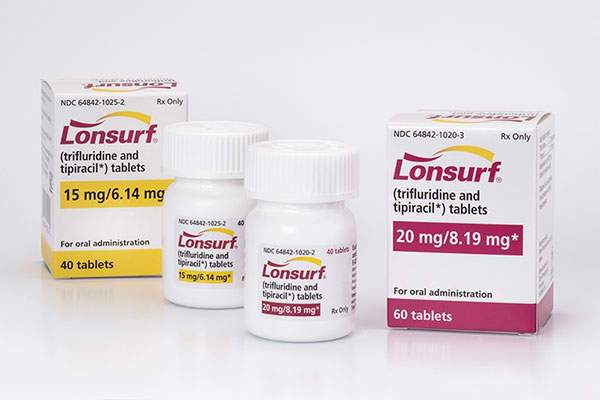
Plavix (clopidogrel bisulfate) is a thienopyridine class inhibitor indicated for the treatment of acute coronary syndrome (ACS). It was first approved by the US FDA (Food and Drug Administration) in 1997 and was developed and manufactured by Bristol-Myers Squibb (BMS) in collaboration with Sanofi-Aventis. The patents on Plavix expired in May 2012.
In May 2012, the FDA approved the generic version of plavix for the reduction of heart attack or stroke risks in patients with atherosclerosis.
Disease information on acute coronary syndrome
Acute Coronary Syndrome (ACS) is a serious medical emergency condition that develops when there is not enough blood and oxygen supply to the heart, due to the obstruction of the coronary arteries.
ACS occurs due to one of three problems, including ST elevation myocardial infarction, non-ST elevation myocardial infarction, or unstable angina. Symptoms of the disease include chest pain, shortness of breath and pain in the neck, stomach, jaw or hands.
It is estimated that about 1.7 million people around the world were affected by ACS in 2010 and an estimated two million cases could be registered by 2020.
Clopidogrel bisulfate’s mechanism of action
Plavix contains clopidogrel, a thienopyridine class inhibitor. The drug inhibits platelet activation and aggregation through adenosine diphosphate (ADP) binding of active platelet receptors.
It is a blood thinning drug which helps to prevent blood clots that could cause a heart attack or stroke. The drug is available in 75mg and 300mg doses.
Clinical trials on the ACS drug, plavix
Sanofi-Aventis and Bristol-Myers Squibb jointly conducted Phase II clinical trials on Plavix between May 2006 and July 2009. The study enrolled 92 patients in Canada. Primary outcome measures of the study were to find vein graft intimal area after one year of surgery. Secondary outcome measures included incidences of major adverse coronary events and major bleeding events one year after the surgery.
BMS and Sanofi Aventis conducted Phase III clinical trials on Plavix, which were known as the CURRENT study, between June 2006 and September 2009. It was a randomised, multinational, double-blind study that compared a high-loading dose regimen of clopidogrel to a standard dose.
The primary outcome measure of the study was finding the first occurrence of cardiovascular death. Secondary outcome measures included finding the occurrence of major bleeding.
Achieving FDA approval for plavix
The FDA approval for plavix was based on a Phase III clinical trial known as the CURE (Clopidogrel in Unstable Angina to Prevent Recurrent Events) trial.
It was a randomised, double-blind, placebo-controlled trial that compared clopidogrel with placebo in patients who presented acute coronary syndrome without ST-segment elevation.
The study enrolled more than 12,562 patients with ACS who were administered with plavix and placebo standard aspirin therapy.
The primary outcome measure of the study was to find out the composite of death from cardiovascular causes, nonfatal myocardial infarction, or stroke. The secondary outcome measures included severe ischemia, heart failure and the need for revascularisation.
The results of the study showed that patients treated with plavix experienced reduced risk of heart attack, stroke or cardiovascular death by 20%.
Production and marketing of treatments for ACS
Related project
Brilinta – Treatment for Acute Coronary Syndrome
Brilinta is an anti-platelet drug which decreases the platelet aggregation and prevents blood clots.
Plavix is the second-best selling drug for the treatment of acute coronary syndrome in the US, after Pfizer’s cholesterol-reduction drug, Lipitor. Plavix faces competition from Brilinta, which is developed by Astra Zeneca for the same indication.
The companies approved by the FDA for the production and marketing of the generic version of plavix include Dr. Reddy’s Laboratories, Gate Pharmaceuticals, Mylan Pharmaceuticals and Teva Pharmaceuticals, for 300mg dose.
The production license for 75mg clopidogrel was granted to Apotex Corporation, Aurobindo Pharma, Mylan Pharmaceuticals, Roxane Laboratories, Sun Pharma, Teva Pharmaceuticals and Torrent Pharmaceuticals.

